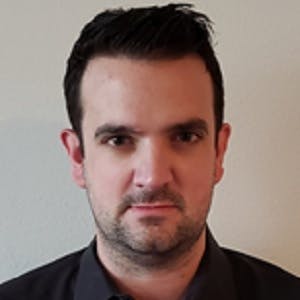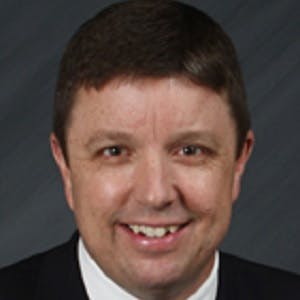<p>Complexity is growing in the energy and utilities industry. Within businesses, this is creating data silos and misaligned objectives while reducing collaboration and communication. As a result, most major capital and operational projects are over budget and behind schedule.</p><p>Watch our webinar to learn how adopting a systems engineering approach improves connectivity between requirements and data within your asset lifecycle. This creates a single unified digital twin of your entire enterprise. Hear how systems engineering improves process efficiency, drives collaboration and enables data-driven decision-making.</p><h2>Apply functional requirements software to achieve operational excellence</h2><p>Poorly-integrated legacy software and subsystems extend project lifecycles, slow project development and reduce business efficiency. With systems engineering, your software systems are designed to seamlessly deliver project and contract requirements using higher quality data. Business information systems are now integrated into a central digital backbone, and important data becomes easy to find.</p><p>Functional requirements software improves communication and collaboration, eliminates silos and helps your business react faster to unforeseen circumstances.</p><h2>Fully traceable digital platform supporting global energy teams</h2><p>Despite years of effort attempting to integrate project teams and promote collaboration, connectivity and awareness across teams still needs to improve.</p><p>With a systems engineering approach, everyone connected to a project knows what is going on. Changes are now tracked, and project teams are supported by optimized systems. Through cross-domain communication and collaboration, energy and utilities businesses can create improved configurations and solve engineering problems faster. Knowledge workers executing a capital project or maintaining complex assets can better respond to challenging situations.</p><h2>Minimize project impacts with a system integration process</h2><p>Many experienced energy and utilities workers are nearing retirement, potentially taking with them priceless information about your business. A robust systems integration process provides a traceable environment with a digital record of product and process information.</p><p>Regardless of why personnel changes, new talent can quickly become proficient while making data-driven decisions using the latest digital solutions.</p><h2>Audit project revisions with software change impact analysis</h2><p>Project requirements and developments change over time. Cope with change and vendor expectations using fully connected data sources. Software change impact analysis can check back to original intent from years earlier via connected artifacts and relationships.</p>
Watch our webinar to learn how adopting a systems engineering approach improves connectivity between requirements and data within your asset lifecycle. This creates a single unified digital twin of your entire enterprise. Hear how systems engineering improves process efficiency, drives collaboration and enables data-driven decision-making.
발표자 소개

John Nixon
Senior Director, Energy & Utilities
John은 Siemens DISW의 에너지 및 유틸리티 글로벌 전략 책임자로
에너지 및 유틸리티 분야에서 28년 이상의 경력을 쌓았습니다. 중국, 루마니아, 파나마 및 미국에서 비즈니스 개발을 주도하는 여러 에너지 및 기술 스타트업을 설립했습니다. 캐나다와 중국의 석유 및 광업 관련 대기업과 함께 대규모 그린필드와 브라운필드 프로젝트를 이끌었으며 미국과 멕시코의 파이프라인 자산 무결성 프로그램도 주도했습니다. 또한 파이프라이닝 기술특허를 보유하고 있으며, 여러 기술 업체 및 대학의 R&D 협회 이사직을 맡고 있습니다. John은 미 육군 장교였으며 Texas A&M University에서 토목 공학 학사 학위를 받았습니다.

Ed Leggott
Presales Solution Consultant, Energy & Utilities (DISW)
Ed Leggott is a Systems Engineer with over 10 years industry experience from both
Oil & Gas and Aerospace.

John Lusty
에너지 및 유틸리티 부문 글로벌 산업 마케팅 책임자
John은 Siemens DISW의 에너지 및 유틸리티 산업 마케팅 책임자입니다.
